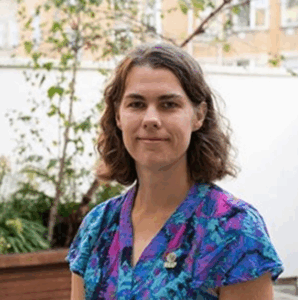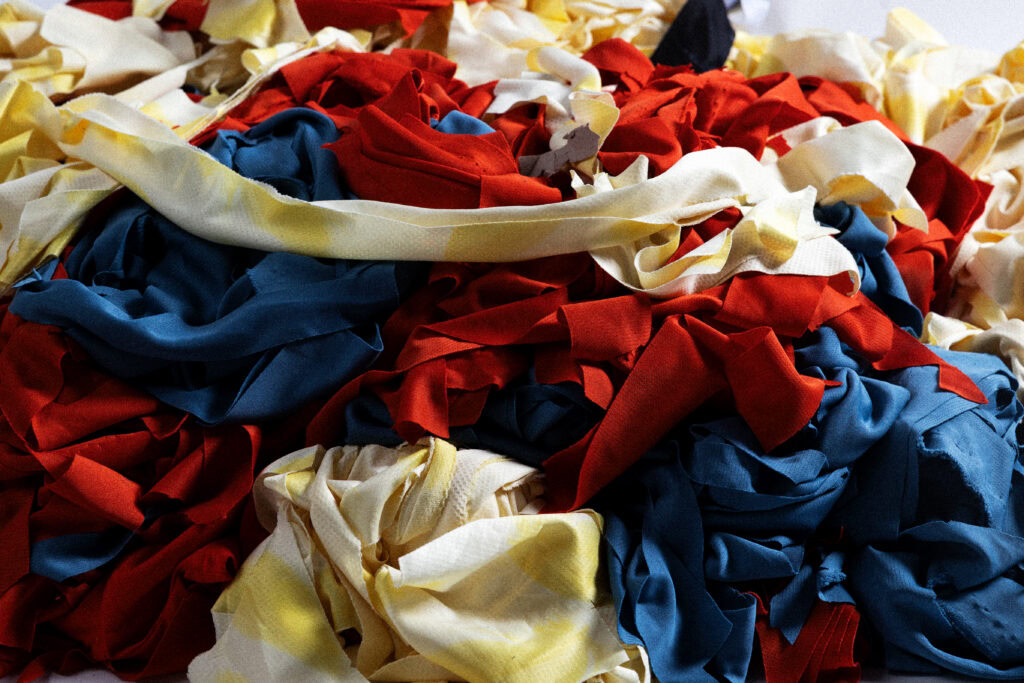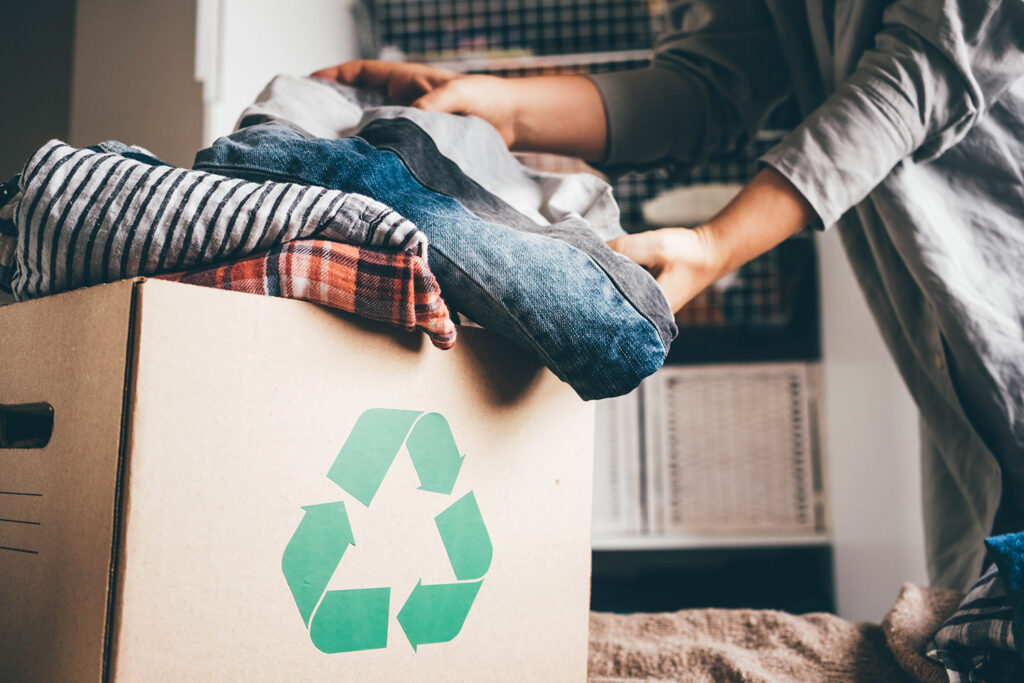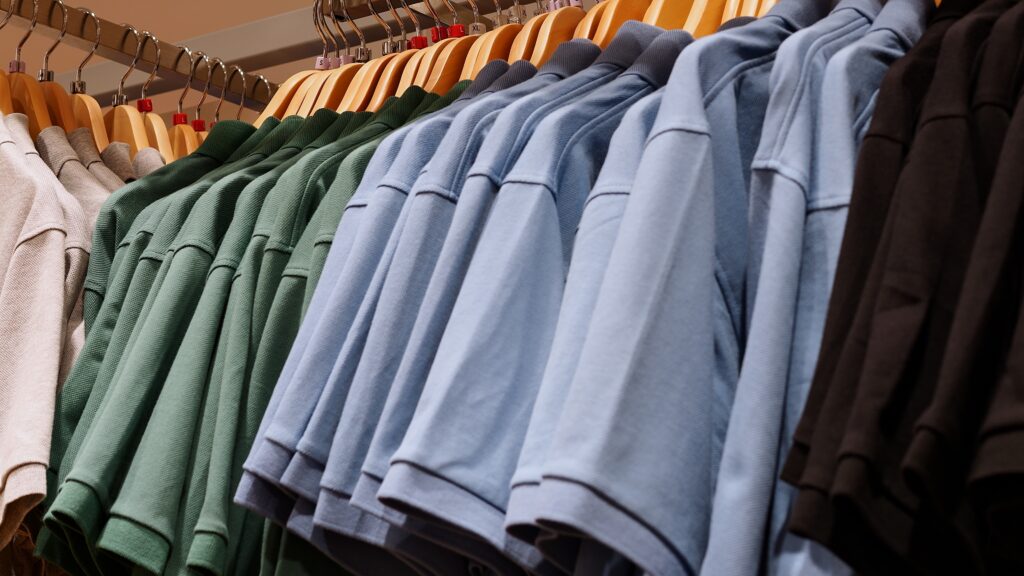In a new report, the environmental action NGO warned that many of these merchants face closure, which would transfer the cost of dealing with the textiles to local authorities, charity shops and consumers.
The collapse of the sector could see local authorities pay an additional £64 million per year in gate fees for the disposal of used textiles.
Catherine David, incoming CEO at WRAP, said: “The charity sector plays a vital role in enabling a circular economy for fashion in the UK – a role it has been playing for over a hundred years.

“The sector now faces a crisis, with storage rooms up and down the country bursting with unsellable stock that collectors refuse to take.
“The knock-on effects of this are huge, with charities struggling to generate revenue, and the circular economy for clothes grinding to a halt.”
The management of textiles already costs UK local authorities £72 million a year.
However, the loss of UK textile collectors and sorters would also force local authorities to choose between sending more material to landfill and incineration or paying more for collections which will likely cause an increase in council tax.
Currently, merchants facilitate used clothing being sent to overseas second-hand markets.
The cost of handling used textiles has traditionally been recuperated through this process, but fewer desirable reusable items means that expenses are rarely covered and most businesses are currently operating at a loss.
The sector could also be looking at an immediate environmental impact of approximately 2.5 million tonnes CO2e per year if more used clothing is sent to landfill and incineration.
WRAP warned that, without funding, councils could be paying up to £200 million per year by 2035.
Automatic-sorting for Circularity in Textiles project (ACT UK)
The automatic-sorting for Circularity in Textiles project (ACT UK) aims to establish a blueprint for innovative advanced sorting and pre-processing facilities in the UK for used textiles.
Sorted textiles have a higher value because they will be fibre-sorted and pre-processed to recyclers’ specifications.
With its 18 partners, WRAP hopes to establish a network of automatic sorting plants across the country.
David added: “There is a way out of this mess – we call on the sector to join us in realising the vision recommended in this report, and to work together towards creating a circular economy for textiles through ACT UK.”
Circle-8 Textile Ecosystems announced the purchase of its first standalone, AI-driven, automated textiles sorting line at the start of May.
Cyndi Rhoades, co-founder and CEO Circle-8 Textile Ecosystems, said: “Non-reusable textiles are not waste, they are resources. Through automated sorting and pre-processing for recycling, these resources will replace the use of virgin materials in textile production.”
By creating a network of fourteen 25,000 tonne capacity per year advanced sorting and pre-processing facilities in the UK, it is estimated that the cost for collecting and sorting worn out clothing would be reduced by around half by 2035.
Other methods suggested by WRAP
The report also included several other methods to move towards a more circular textiles industry in the UK.
Firstly, eco-modulated Extended Producer Responsibility (EPR) would shift the cost of managing textile waste to producers.
The eco-modulation would incentivise the design of sustainable and circular fashion.
WRAP has also proposed a new collaborative approach to retailer take back, to maximise the power of its UK Textiles Pact retailer and brand signatories.
The NGO has created the Textile Collections System Transition Programme to partner with leading brands to co-design easier, more effective textile takeback schemes that work for consumers and the sector alike.
WRAP has invited brands and retailers to join it and its partners to accelerate this approach for the mutual benefit of the wider textile industry.









Subscribe for free